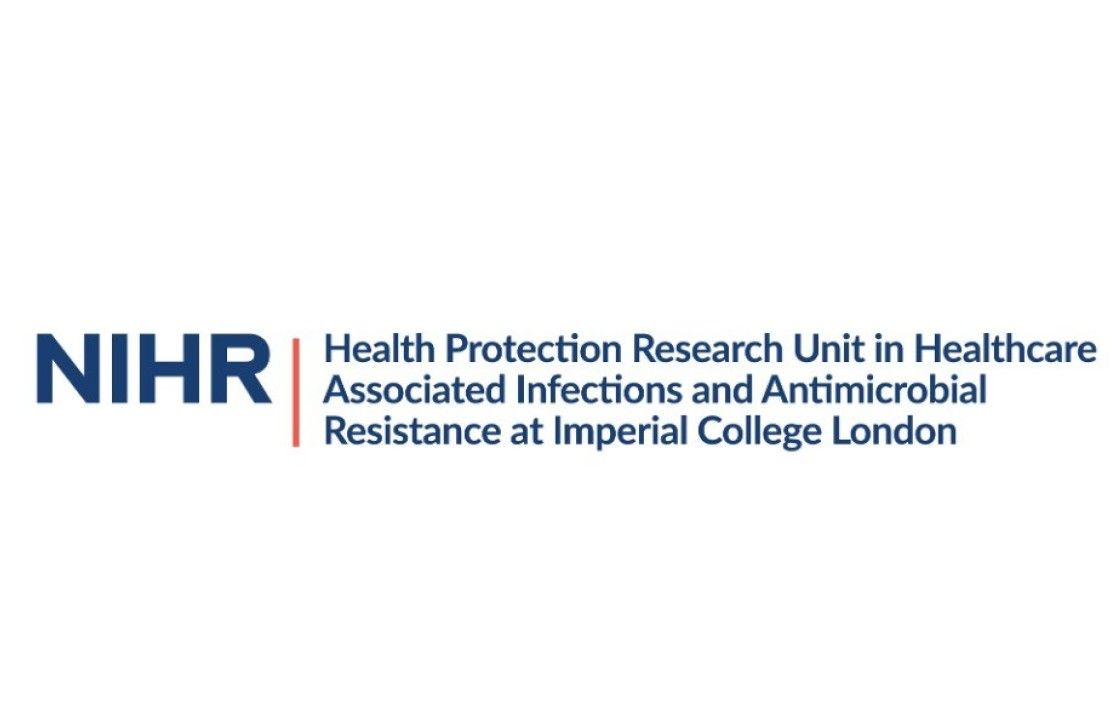BibTex format
@article{Charani:2021:10.1016/j.cmi.2020.12.013,
author = {Charani, E and Holmes, A and Bonaconsa, C and Mbamalu, O and Mendelson, M and Surendran, S and Singh, S and Nampoothiri, V and Boutall, A and Tarrant, C and Dhar, P and Pennel, T and Leather, A and Hampton, M},
doi = {10.1016/j.cmi.2020.12.013},
journal = {Clinical Microbiology and Infection},
pages = {1455--1464},
title = {Investigating infection management and antimicrobial stewardship in surgery: a qualitative study from India and South Africa},
url = {http://dx.doi.org/10.1016/j.cmi.2020.12.013},
volume = {27},
year = {2021}
}
RIS format (EndNote, RefMan)
TY - JOUR
AB - Objectives To investigate the drivers for infection management and antimicrobial stewardship (AMS) across high infection risk surgical pathways. Methods An qualitative study, ethnographic observation of clinical practices, patient case studies, and face-to-face interviews with healthcare professionals (HCP) and patients was conducted across cardiovascular and thoracic and gastrointestinal surgical pathways in South Africa (SA) and India. Aided by Nvivo 11 software, data were coded and analysed until saturation was reached. The multiple modes of enquiry enabled cross-validation and triangulation of findings.Results Between July 2018–August 2019 data were gathered from 190 hours of non-participant observations (138 India, 72 SA); interviews with HCPs (44 India, 61 SA); patients (6 India, 8 SA), and, case studies (4 India, 2 SA). Across the surgical pathway, multiple barriers impede effective infection management and AMS. The existing, implicit roles of HCPs (including nurses, and senior surgeons) are overlooked as interventions target junior doctors, bypassing the opportunity for integrating infection-related care across the surgical team. Critically, the ownership of decisions remains with the operating surgeons and entrenched hierarchies restrict the inclusion of other HCPs in decision-making. The structural foundations to enable staff to change their behaviours and participate in infection-related surgical care is lacking.ConclusionsIdentifying the implicit existing HCPs roles in infection management is critical and will facilitate the development of effective and transparent processes across the surgical team for optimised care. Applying a framework approach that includes nurse leadership, empowering pharmacists and engaging surgical leads is essential for integrated AMS and infection-related care. Keywords: antibiotic prescribing, infection control, ethnography, low- and middle-income country, surgery
AU - Charani,E
AU - Holmes,A
AU - Bonaconsa,C
AU - Mbamalu,O
AU - Mendelson,M
AU - Surendran,S
AU - Singh,S
AU - Nampoothiri,V
AU - Boutall,A
AU - Tarrant,C
AU - Dhar,P
AU - Pennel,T
AU - Leather,A
AU - Hampton,M
DO - 10.1016/j.cmi.2020.12.013
EP - 1464
PY - 2021///
SN - 1198-743X
SP - 1455
TI - Investigating infection management and antimicrobial stewardship in surgery: a qualitative study from India and South Africa
T2 - Clinical Microbiology and Infection
UR - http://dx.doi.org/10.1016/j.cmi.2020.12.013
UR - http://hdl.handle.net/10044/1/84881
VL - 27
ER -

